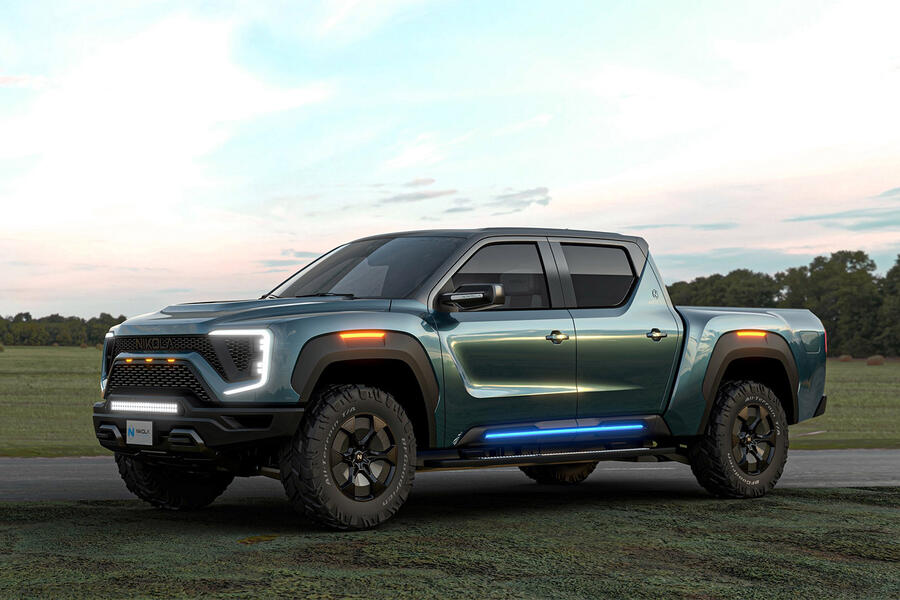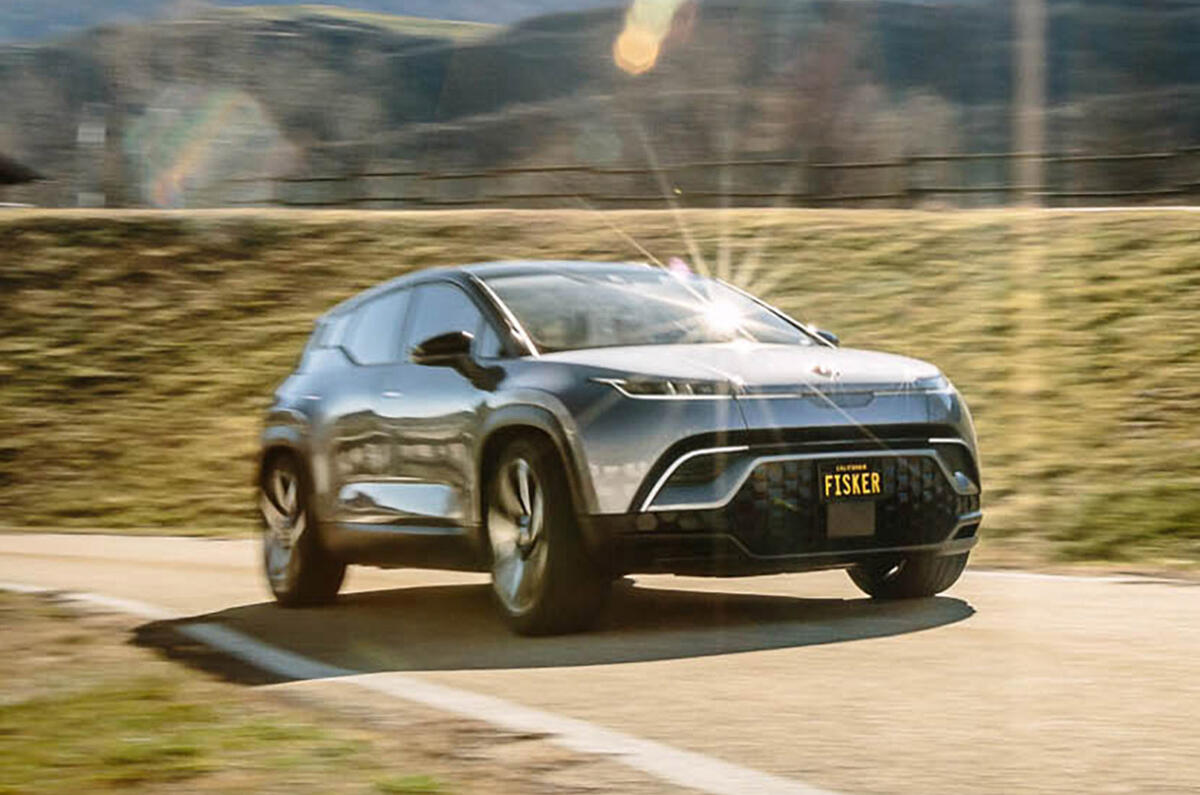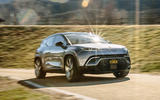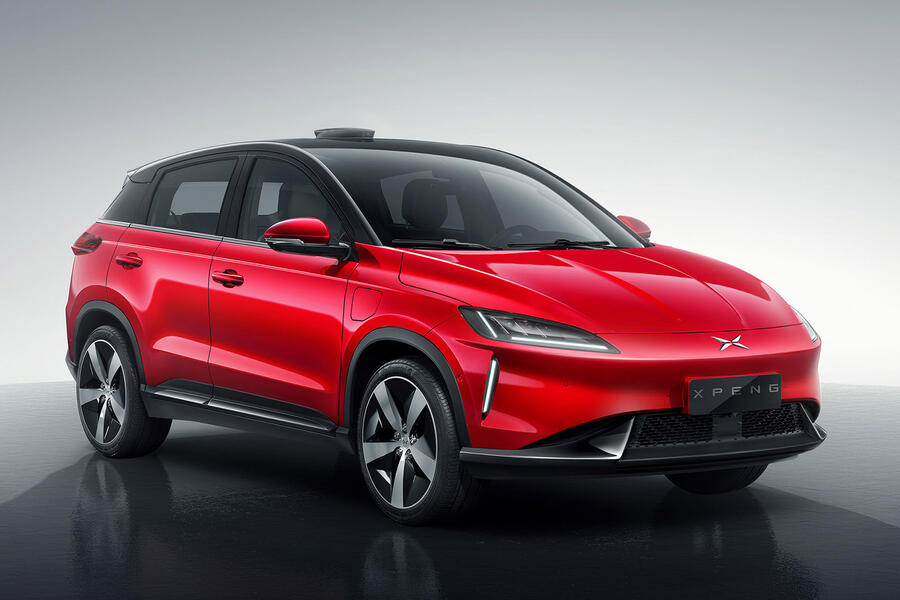On 10 June this year, Nikola, a US start-up specialising in battery-electric and fuel-cell commercial vehicles, briefly became more valuable than Ford after optimistic investors pushed its stock value to $33 billion. It had yet to sell a vehicle, against more than five million sales a year for Ford.
It has been an extraordinary year for electric car start-ups, which have seized on the unprecedented appetite for tech stocks to fund themselves by listing on US exchanges.
After Nikola went public in June, Chinese electric car firm Li Auto listed in July, followed by Fisker, run by ex-Aston Martin designer Henrik Fisker.
Then came Chinese electric SUV hopeful Xpeng, and US sales-by-subscription EV start-up Canoo.
Other, previously listed electric vehicle makers saw their stock reach barely believable heights. Tesla, the company whose soar-away share value is arguably responsible for all this start-up confidence, overtook Toyota in July to become the world’s most valuable car brand. Since then, its value as measured by stock price has almost doubled again to $394bn.
Meanwhile, Chinese EV brand Nio has seen its US stock shoot upward from $2.4 per share in March to $27.60 now, valuing it at almost $37bn.
By contrast, Ford is currently worth $30bn, while the Volkswagen Group is at $71.5bn and General Motors $50bn.

Values are now so detached from earnings reality that many fear a second tech crash similar to the dotcom bubble at the start of this century. This prospect was the second-biggest concern among investors surveyed by the Bank of America recently, eclipsed only by a potential second wave of Covid-19.
The fears seem valid. Apart from Xpeng and Li Auto, none of the start-ups listing on US exchanges this year had delivered a single vehicle. Nikola’s stock price was dented in August when it disclosed that its only revenue that quarter had been generated by the company selling solar panels to its now departed founder, Trevor Milton (see above right).











Join the debate
Add your comment
Great article
Excellent article, thanks Nick.
EV Share Price Bubble
There's been speculation like this since the South Sea Bubble and Tulip Mania ,with potential share owners being tempted by quick returns from some new wonder company and product. You have to seriously ask yourself is Tesla really worth more than Daimler Benz,General Motors or Toyota?????. Perhaps it's worth looking back 75 years to another attempt to take on the US motor industry giants by two hotshots eager to satisfy the pent up demand for new cars after WW2, Things started well the first cars were delivered two years later but after a few years the company was in trouble and the company folded after less than ten years and the tooling shipped off to Argentina. It'll be interesting to see in a few years to see if any of these "disrupters" will be building cars,I've a feeling that history may well repeat itself again
.com boom
It's the same as the .com boom in the late 90's where companies with no product or market were valued at billions! The investors of course are hoping they will back the next EV equivalent of Google or Cisco, not MySpace or Alta Vista! Same thing happens in biotech, energy, pharma.....
bit different
Google never had to make anything physical that needed distribution etc, just have a good basic idea with very little existing competition.